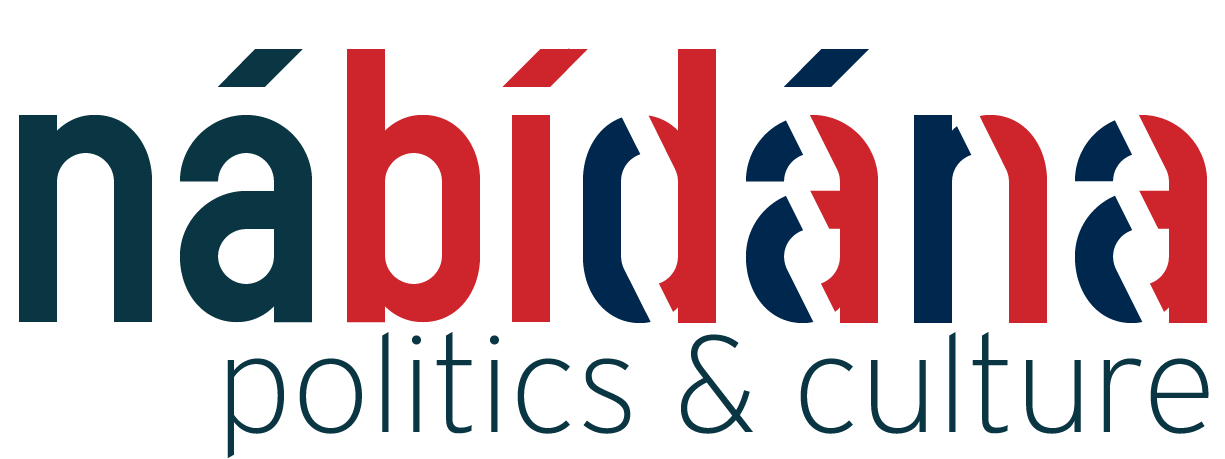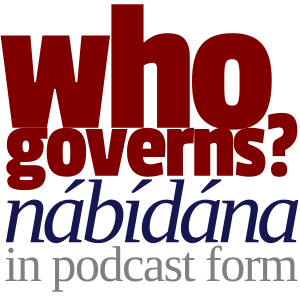Ireland today subjected itself to the most palpably insane political process imaginable. Taking part in the UN’s Universal Periodic Review, the Minister for Justice and Equality, Alan Shatter TD, faced questions from Ireland’s peers, the nations of the world, on its human rights record and infrastructure. He gave a bravura performance, explaining, elucidating and sometimes defending Ireland’s principles, constitutional obligations and political culture, to representatives from around the world.
The idea behind the UPR is that each country will, in seeking to describe its human rights record, will be forced to reflect on it, and, wanting to make a good impression on the rest of the world, it will put its best foot forward.
And so, Alan Shatter began answering questions, answering the substantive questions posed by each country, announcing proposed changes and principles underpinning Ireland’s systems. Certainly, there was much to be desired, a result of the hack and slash on human rights and equality mechanisms undertaken by the previous administration. Ireland admitted weaknesses, but pointed out the successes, the progress and the opportunities for change in the future.
What was insane about the process was the direction of the questioning. Ireland has been guilty of some pretty awful human rights abuses – but only in relative terms – and today it was being questioned by countries whose records have been significantly worse. Watching on free and live video link from the chamber, we watched Minister Shatter take questions.
Iran asked about Ireland’s commitments to political and civil rights. Alan Shatter thought this was interesting, pointing out that freedom of assembly, freedom to oppose the government, freedom to criticise the government and head of state are all enshrined in the political traditions of the country. Love fifteen.
Algeria, a nation which suspended recognition of human rights nineteen years ago, wanted to know about Ireland’s record on protecting liberties. Mouthfuls of tea were sprayed over keyboards and computer screens across the country. Love thirty.
Ghana, whose Minister for the Western Region recently called for the arrest of all gay men and lesbians, was keen to probe Mr Shatter on the finer points of the country’s prohibition on religious discrimination. It was all Mr Shatter could do, one suspects, to sit there without a smile on his face. Love forty.
Countries who refuse to outlaw stoning of adultresses and the blinding of criminals were concerned to ensure that Ireland keeps to its own obligations on human dignity. Game Shatter.
Yet, for all the stomach churning irony in the room, the UPR performed its service to mankind – Ireland will surely now redouble its efforts to ensure that, for future rounds of the review, every effort is made to rise above the standards set by the nations gathered in judgment around the room. Some elements of Ireland’s provisions are dodgy – the non-recognition of Travellers as an ethnic minority, for instance, is inexcusable and will soon, by all accounts, be rectified.
Ireland has been bowed by the economic turmoil and its own cupidity and hubris – but surely it won’t tolerate a second round knowing that, at home and abroad, somebody somewhere thinks Iran has a point on Ireland’s human rights record. The process may be deranged, but the outcome will benefit us all, and throw a spotlight on the hypocrisy of others.

